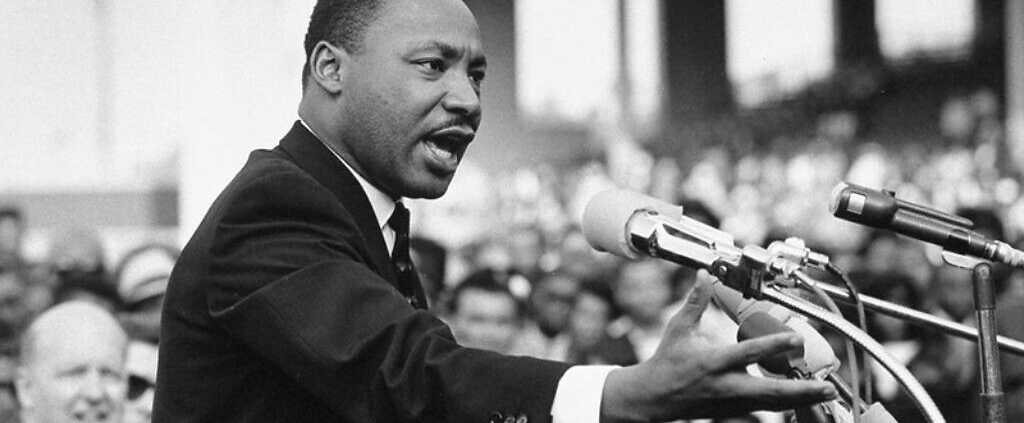Moses and Martin
Given the many parallels in their lives, Martin Luther King, Jr. is often compared to Moses. For each man, their most important work was during times of great oppression of their people. Both spoke their truths to power – whether it was the Pharaoh of Egypt or the Governor of Alabama. Neither reached their Promised Land. Both had complex relationships with the people they led.
Both Moses and King were greatly admired among their followers and beyond. In Exodus 11:3, we read in the Torah. “יהוה disposed the Egyptians favorably toward the people. Moreover, Moses was much esteemed in Egypt, among Pharaoh’s courtiers and the people.” Notice the subtle difference between the relationship between the two peoples and the reputation of Moses among a people. It took God’s intervention to make Egyptian people be “disposed . . . favorably” toward the Hebrews. However, Moses was much esteemed among the Egyptians on his own accord. Of course, this was before the final plagues struck and Egypt was decimated. Perhaps there has been an admiration for strong leadership since the time of the Pharaohs.
Martin Luther King, Jr. was much esteemed among many Americans – even white Americans. From the Montgomery Bus Boycott in 1955 until the 1963 church bombing in Birmingham, King grew in popularity among whites. Then, the admiration of whites from the North was tested. King called for change throughout all of America, not just the South. The civil rights struggle reverberated in northern cities’ housing markets, workplaces, and school districts. White support for the civil rights movement faltered.
Great leaders also have difficulty ensuring their support among their people. The Hebrews often challenged Moses. Even after their liberation from slavery, some cried to return to Egypt. Others abandoned God for a golden calf. Even Moses’ cousin, Korath, challenged his leadership. The people’s complaints tested Moses’ faith.
King persevered against similar internal opposition. Some Black leaders at that time called for measured approaches, less confrontation in the streets, and more reliance on the Courts. Tired of waiting, another growing force within the civil rights movement called for activism. And Malcolm X predicted, if not advocated, a violent resolution.
The public is fickle in its devotion to great leaders. For two heroic leaders, Moses and King, loyalty had to be earned daily among their people. Oddly, admiration for a leader who brings liberation seems more tenuous than the devotion of hoards to dictators.
Godly inspiration should bring us closer to national heroes. Left only to human devices, are tyrants easier to love? For God’s sake, let us support leaders whose path brings us toward freedom, justice, and mercy.
Rabbi Evan J. Krame






 Evan J. Krame was ordained as a rabbi by the
Evan J. Krame was ordained as a rabbi by the